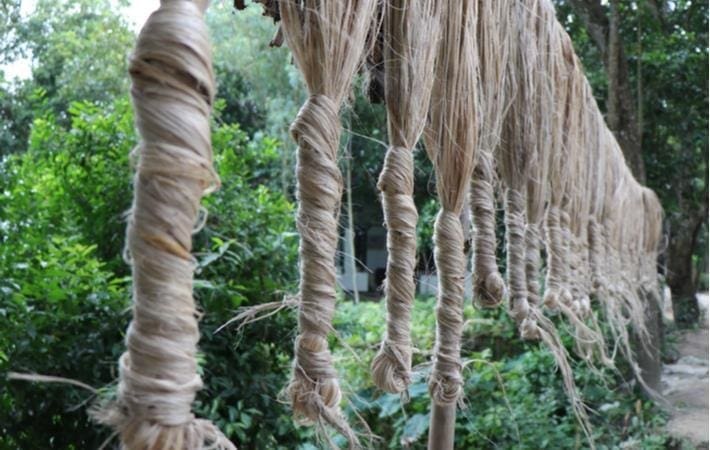Bangladesh Jute Association (BJA) chairman Sheikh Sayed Ali recently demanded that no tariffs should be imposed on raw jute exports to ensure that the exports can earn foreign currency for the country. He also demanded a share of the financial incentives and export subsidies announced by Prime Minister Sheikh Hasina during COVID-19 pandemic for raw jute.
Ali claimed the Bangladesh Jute Spinners Association was trying to stop raw jute exports by submitting recommendations to the textile and jute ministry to impose a tariff of Tk 800 for each maund of jute exported, thereby offering wrong information on the jute crisis.
All state-run jute mills will resume operation under public-private partnership (PPP) with modern machinery as well as skilled manpower to recoup losses, according to bangla media reports.
Quoting statistics from the directorate of jute, Ali said the government had a target to produce 9,238,000 bales of jute in fiscal 2020-21. Later, it was revised to 8,414,000 bales due to floods, he said, adding that the country’s internal raw jute demand is at least 5,500,000 bales a year, of which state-owned jute mills require 1,300,000 bakes while private jute and spinning jute mills demand around 4,200,000 bales.
However, the country’s current internal demand for raw jute is at maximum 4,500,000 bales as state-run jute mills are closed, he added.

